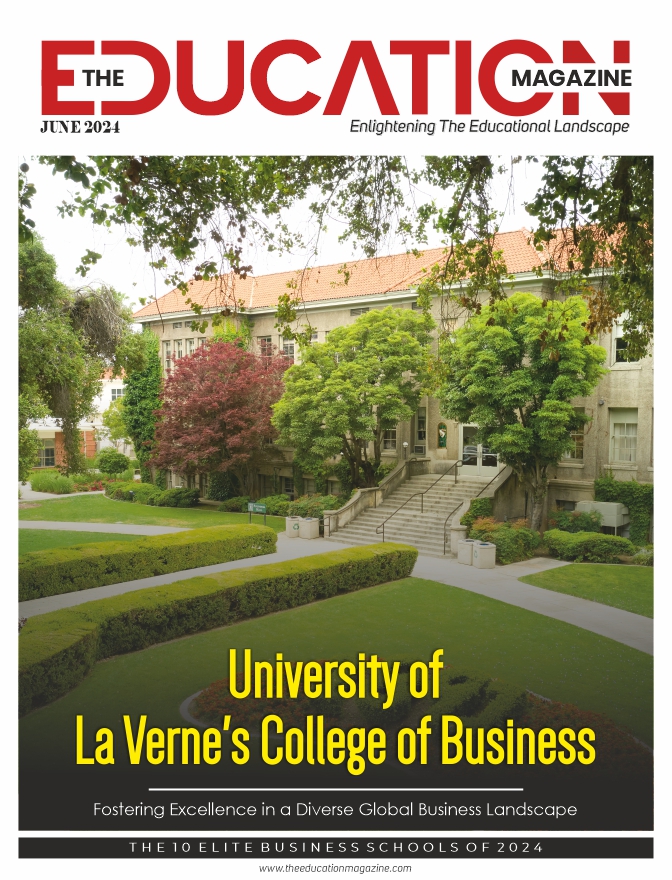Embarking on a culinary degree program is a journey rich with the potential for creativity and mastery of skill. As you explore the landscape of gastronomy, the heart of this adventure lies in understanding and embracing flavors. It’s not just about distinguishing between sweet, sour, salty, and bitter; it’s about developing a symphony of taste that resonates with whoever partakes in your creation.
Choosing the right culinary program can seem overwhelming, but it need not be a recipe for confusion. The program you select should be your partner in this culinary quest, providing you with innovative techniques and an understanding of global cuisines.
As you traverse this path, consider how a program’s curriculum will expand your palate and challenge your creativity. After all, to master the art of flavor is to transform the ordinary into the extraordinary on a plate. Your dedication and the quality of your culinary education will be the foundation of every memorable dish you craft.
Exploring Culinary Degrees
It’s essential to know your options and what to expect as you step into this savory world of education.
Types of Culinary Degrees
Associate’s Degree in Culinary Arts: A comprehensive two-year program covering fundamental cooking techniques, kitchen management, and basic pastry arts.
Bachelor’s Degree in Culinary Arts: A four-year degree that includes advanced culinary techniques, hospitality management, and often a business or entrepreneurial component.
Diploma/Certificate Programs: Shorter, more focused programs that typically last a few months to two years, specializing in specific areas like baking, pastry, or culinary skills.
Choosing the Right Culinary School
- Accreditation: Look for schools accredited by respected organizations, such as the American Culinary Federation (ACF).
- Faculty: Research the experience and background of the instructors to ensure high-quality mentorship.
- Facilities: Make sure the school has state-of-the-art kitchens and equipment.
- Alumni Success: Gauge graduates’ success to assess the program’s effectiveness in the job market.
Admissions and Prerequisites
Before applying, you’ll need:
- High school diploma or GED.
- Transcripts and sometimes a minimum GPA.
- Letters of recommendation and personal essays may be required.
- Some schools may ask for previous kitchen experience or coursework.
Culinary Curriculum Overview
Core Subjects: Culinary techniques, food safety, and nutrition.
Specializations: Advanced courses may include international cuisine, wine studies, or patisserie.
Practical Experience: Many programs incorporate internships or externships for real-world experience.
Building Your Culinary Career
Embarking on a culinary career is both an exciting and strategic decision. With the expected growth in chef and baker jobs, your passion for cooking has the potential to evolve into a fruitful profession.
Skills for Success
To thrive in the culinary field, you’ll need a mix of creativity, time management, and precision. Highlight your palate development and mastery of various cooking techniques. Also, focus on the ability to work under pressure, as these skills will distinguish you from the competition.
Internship Opportunities
Hands-on experience is invaluable. Seek internships that offer exposure to different kitchen settings, from fine dining to fast-casual environments. These opportunities allow you to apply your knowledge, learn from seasoned professionals, and understand kitchen dynamics.
Networking in the Culinary World
Cultivate connections with industry colleagues, including chefs, restaurateurs, and food suppliers. Attend industry conferences, join culinary forums, and participate in cooking competitions. Networking can lead to mentors, job leads, and staying informed about industry trends.
Job Outlook After Graduation
The job market is welcoming for culinary graduates. Many find roles in restaurants, hotels, and bakeries. Stay optimistic about your post-graduation career prospects, as statistics suggest a significant growth in careers in culinary arts. Diversify your job search and be open to different culinary paths.













